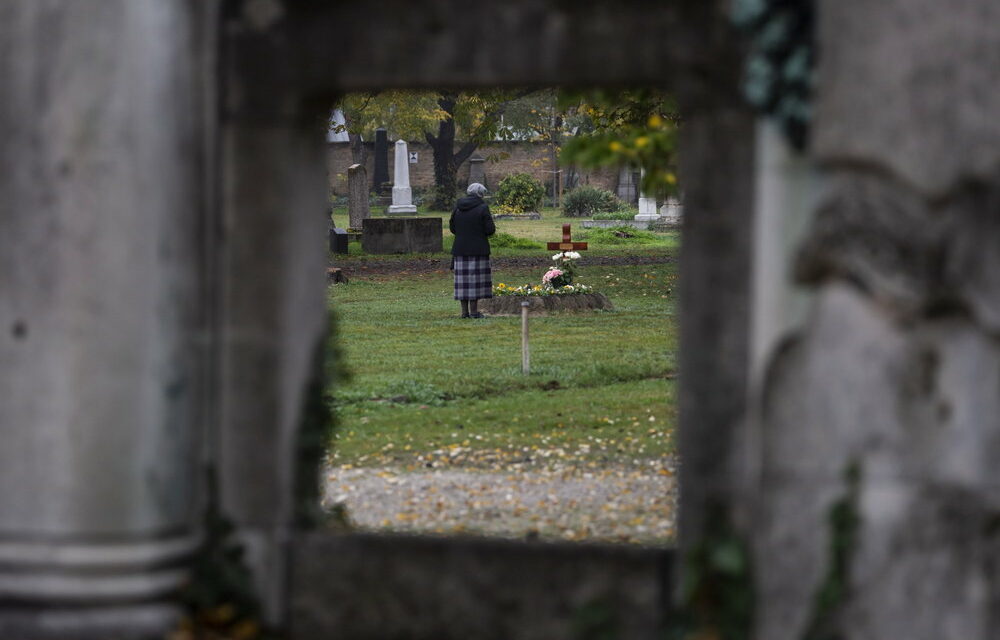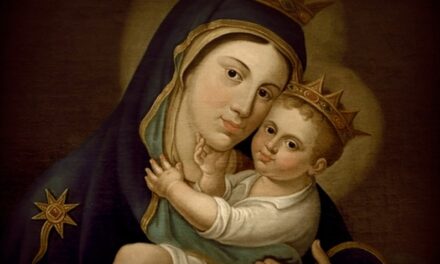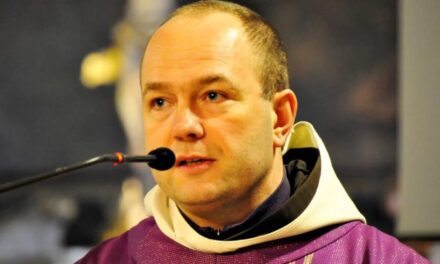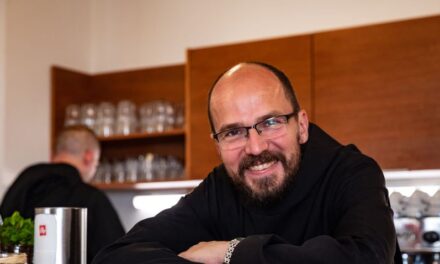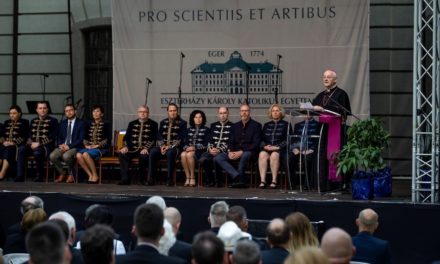All Saints' Day and the Day of the Dead are approaching. It is only natural that our attention turns to the question of passing these days. Perhaps it will do us good to face it, since, as in so many other cases, it may turn out here that what we project onto the unknown is worse than reality!
Man cannot put up with death. My life ending for some reason doesn't seem normal. What are we actually dying for? Of course, most of them end up in illness, accidents, etc., but some "just" end up debilitated! Nowadays, it is customary to set our nature in such a way that it works in a way that is useful for evolution, and that the body always knows what it needs, we just have to learn to listen to it, and things like that. We all know that herbs and remedies that promise eternal life appear on the palette every week. But still, death is a reality. However, it is not logical that the body starts to degrade itself after a while. It is also incomprehensible that if everything is so healthy and gives eternal life, or if we can exclude destruction with the power of our thoughts, then why do we die in the end? We find opposite directions wherever we look: every part of nature changes, decays, dies, yet we cannot accept as a normal process that we will die. Are we just jerks? Do we overestimate our own importance?
Certainly, the more self-centered a person's worldview is, the more difficult it is to come to terms with the thought of death. When someone experiences at least the spirituality of this world, that is, that we are all part of some kind of big whole, the life of the individual becomes more and more insignificant for him. There is a kind of peace that we can approach in this world as well. But the worst thing we can do to ourselves is to live egocentrically.
Another aspect that helps is finding some kind of purpose in life. If someone lives in such a way as to see its significance, weight, and meaning, it is much easier to accept death. After all, here is a so-called you can experience an "alternate eternity". Somehow, he still lives on, if only in the memories of his friends and family, or in his works.
Okay, anxiety can be dampened, but the life instinct - in the best case - continues to work! So what's the point of all this? Is this really an answer? XVI. Pope Benedict also spoke about this, and he associates it with the image that it is as if a person were tossing and turning with his sense as the only boatman in a sea of meaninglessness. Does living an altruistic life and creating something great on Earth help me get anywhere? Since the Enlightenment, many people claim that this is why religion is needed as a substitute to relieve this anxiety. That's it? Do we create more and more dreams to feel alive?
But we also see in everyday things that when I want to divert my attention from my anxiety with something, I have to dose it in larger and larger doses, and it will cost me more and more effort to suppress my fears with it. However, neither alterocentric ways of life nor religiosity are teeming with people who want to get larger and larger doses of these alleged opiates! Could something else be behind these processes?
We, as Christian people, of course have a teaching on this. It seems that the more something or someone goes against my nature, the more stress I get, which turns into distress over time. And the more my life conforms to its nature, the more balanced I am. In fact, the Bible says this in such a way that whoever commits sin (goes against his nature) destroys his own life, but whoever tries to live without sin (and even if he fails, finds deliverance with God), i.e. in a way that is in accordance with his nature he arranges his life, he lives an increasingly full life. We know from our faith that we cannot make peace with death because it is against our nature, and also by our nature, we were created to bear fruit, lasting fruit. In other words, neither meaningless life nor the finality of death fit into the order of our nature. How beautiful is the way God's plan becomes visible in the living man!
My impermanence is a gift, because it opens a gate that I wouldn't otherwise pass through, but beyond which waits not my fears, but reality itself. Because "reality is in Christ" (Col 2:17). Most people are not actually afraid of death itself, but either of what awaits them before it or of what comes after it. All of this suggests that while death is somewhat foreign to our nature, impermanence still belongs to our present life and has some kind of liberating effect on us. Until I meet this unknown, I project all my fears into it: complete destruction, annihilation. If I see that this has an eternal continuation, the pieces of the puzzle will fall into place!
God answered our fears in Jesus. When we celebrate His resurrection at Easter, they also announce the good news to us: there is life after death, because it is in Christ. That is why, when we remember the dead on Wednesday in the lucerne, we stand around the Easter candle, which symbolizes Jesus. We partake of this light to see what is invisible to the eye: God has given us an answer to how much our lives mean to Him. He said that Life awaits beyond death if we say yes to communion with Him and intend to reject sin.
The Scriptures teach us in the book of Maccabees that it is good to pray for our dead. This prayer accompanies us in these days, so that those whom we had to say goodbye to, may come home to the kingdom of God. However, in the New Testament there is only one sacrifice: Christ's death on the cross. Therefore, the most important offering is when we pray for our deceased loved ones in funeral masses and memorial masses, which is the becoming of Jesus' sacrifice. Here, by offering our own pain on the altar, we can join in this sacrifice of the cross, so that our sorrow is not aimless, but finds meaning in transfiguration.
Father Miklós Molnár
Source: vasarnap.hu
Cover photo: MTI/Zoltán Balogh

